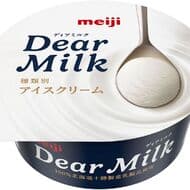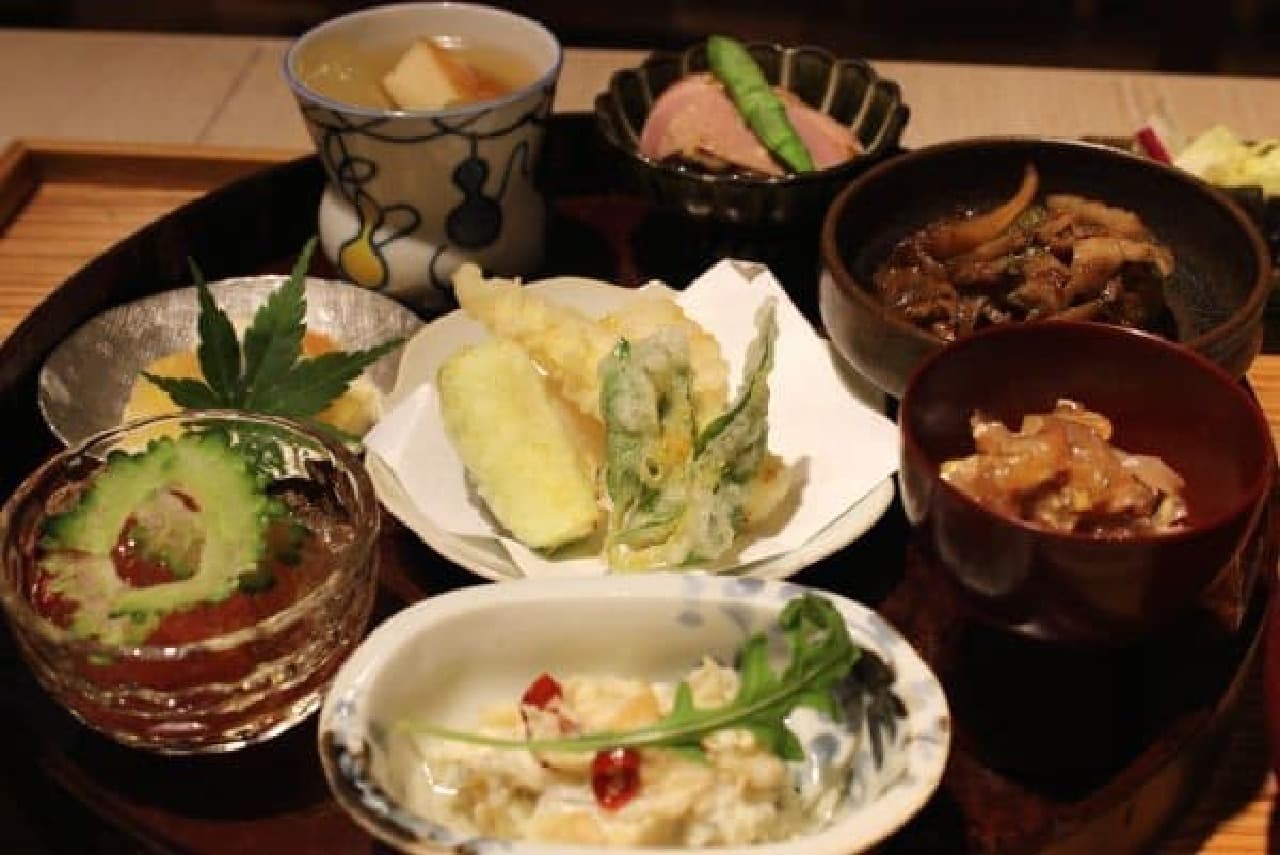
On October 22, the Agency for Cultural Affairs announced that it had received a recommendation that "Japanese food" was "suitable for registration as an intangible cultural heritage" in a preliminary examination by a UNESCO subsidiary organization. Registration is expected to be officially decided at an intergovernmental committee meeting in December.
"Intangible cultural heritage" is entertainment, social customs, ceremonies and rituals, traditional craft techniques, etc. that the community recognizes as part of their cultural heritage. From Japan, Nogaku, Gion Matsuri floats, and Yuuki Tsumugi are registered, but this is the first time for food-related items.
Looking at the world, French gastronomy (France / 2010), Mediterranean cuisine (Spain, Greece, Italy, Morocco / 2010), Mexican traditional cuisine (Mexico / 2010), Keskek tradition (Turkey / 2011) 4 cases are registered.
"Japanese food" is gaining worldwide recognition as a "healthy food with an excellent nutritional balance". The taste of fresh ingredients, the seasons felt by the changes in ingredients, the beautiful presentation, the diversity that is completely different depending on the home and region, and the connection with annual events such as New Year. It is not only "nutrition" to live, but also deeply related to life culture. It wouldn't be possible without the abundant nature. In addition, Japanese food culture has developed by incorporating not only Japanese food but also overseas food.
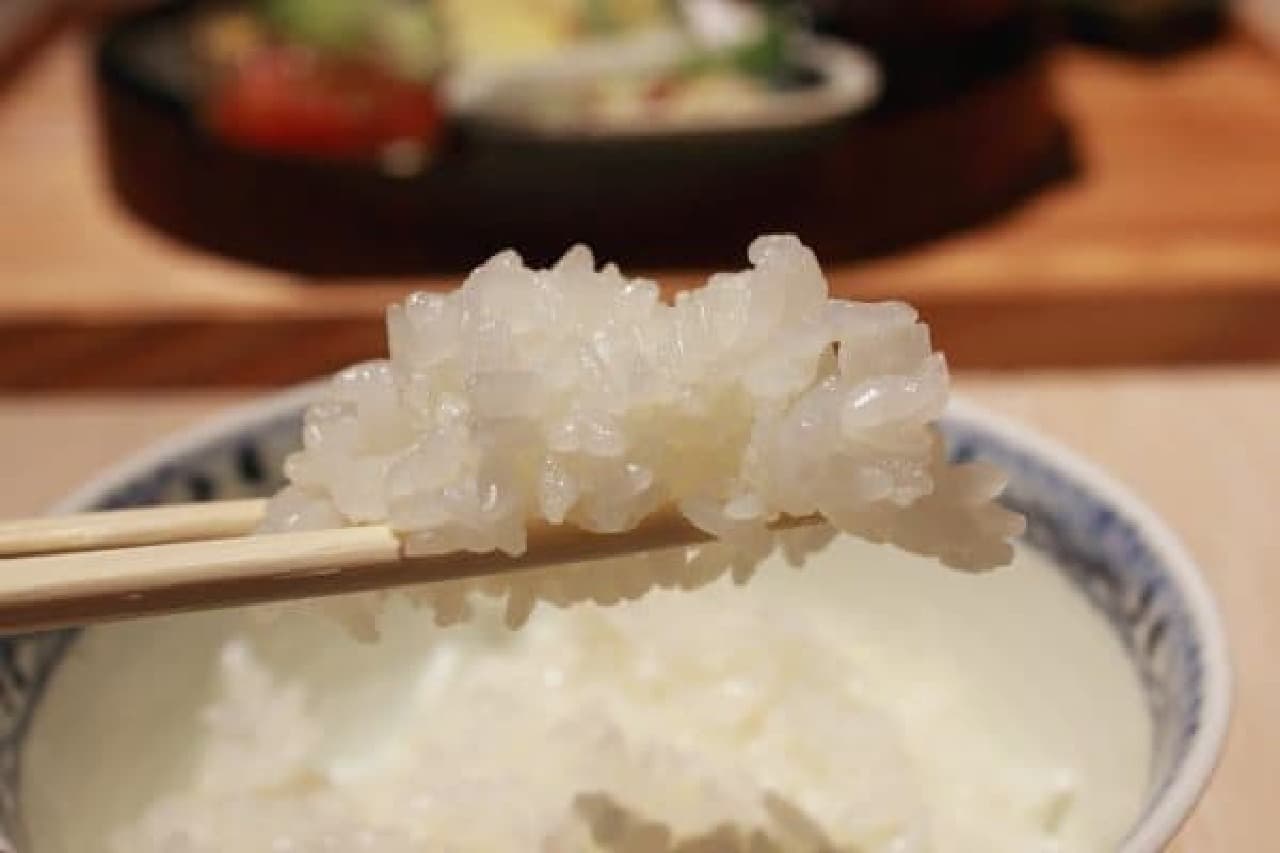
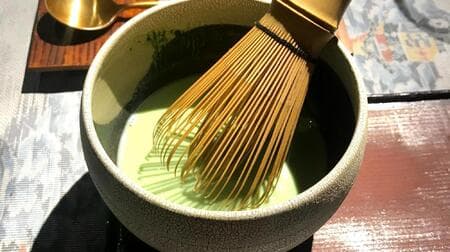
![[Recipe book] Milk for natto and ramen !? "Recipe to reduce salt by adding milk" to prevent high blood pressure](https://image.entabe.jp/upload/articles/4840/abb08fcd100574fce54502845daf7cb2_special.jpg)




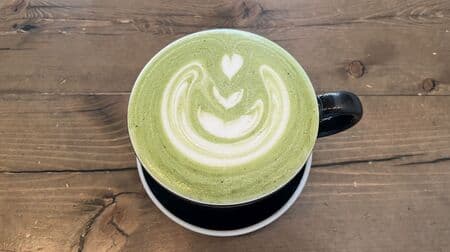

!["Sweets protein [cacao]" "Sweets protein [berry]" Easy to eat and moist texture! Ingest protein like sweets! From Lotte](https://image.entabe.jp/upload/articles/41676/acc3b61aeb4276b095f3e82e05cde06c_special.jpg)
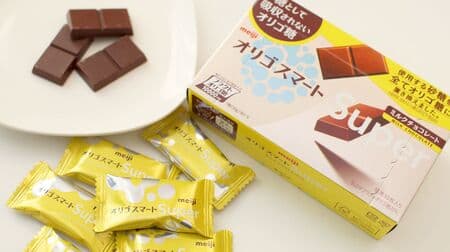
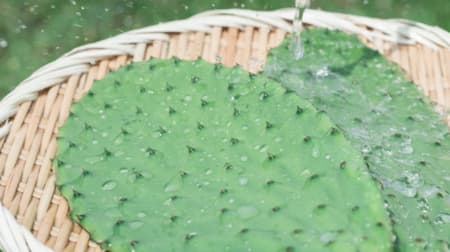
![[Muscle breaking news] Japan's first trial-sized protein! "The Bus Trial Type"](https://image.entabe.jp/upload/articles/15763/61a65b1251e730d46c47ae593a054a7f_special.jpg)



